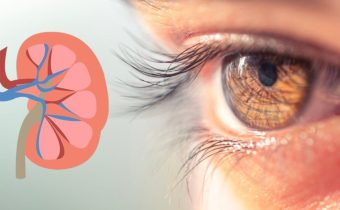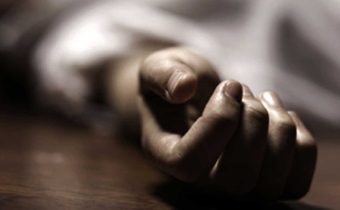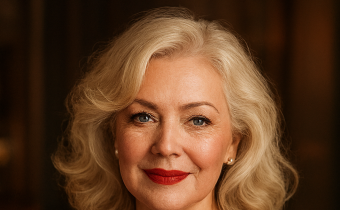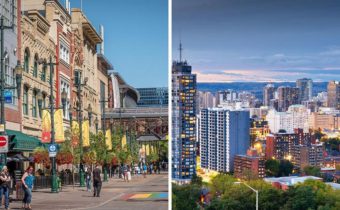Kathmandu—When the city sleeps, some lives awaken under the cover of darkness. Among them is Sauravi Kayastha, a 25-year-old transgender woman who stands on the streets of Kathmandu, waiting for the night to pass. Her story is not one of choice but of compulsion—a reflection of society’s rejection and silence.
नेपालीमा पढ्न यहाँ क्लिक गर्नुस्
Born as Saurabh, she grew up questioning her identity and enduring ridicule for being “different.” Unable to find acceptance from her family and community, she was forced to leave home. What began as a struggle for survival soon turned into a life of vulnerability and stigma in the sex trade.
“We are not criminals; we are citizens of this country,” says Sauravi. “All we want is safety, dignity, and the right to work without fear.”
According to the Blue Diamond Society, around 3,000 transgender individuals are engaged in sex work in the Kathmandu Valley. A study by the National Library of Medicine shows that 68.42 percent of transgender women in the valley are involved in sex work, mainly due to economic hardship and social exclusion.
Sex workers and members of the transgender community are now urging the government to recognize their profession and designate specific “Red-Light Areas.” They believe such regulation could ensure better safety, public health monitoring, and transparency in taxation, while reducing exploitation and police harassment.
काठमाडौंका मुल सडकमा ‘जाने हो’ भन्दै रात बिताउनेहरुको कथा : सरकारसँग माग ‘रेड लाइट एरिया’
“Many of us face abuse from clients and humiliation from police officers when we seek help,” Sauravi shares. “If the government recognizes our work and designates safe areas, we can live and work with respect.”
Their demands also include the government’s support for rehabilitation programs, legal protection, and alternative employment opportunities.
As Sauravi puts it, “We don’t want to live in darkness. We just want the right to live in the light—with dignity.”
The story of Sauravi is not hers alone. It is the story of thousands who remain unseen—living on the edge of society, waiting for acceptance and justice.


















